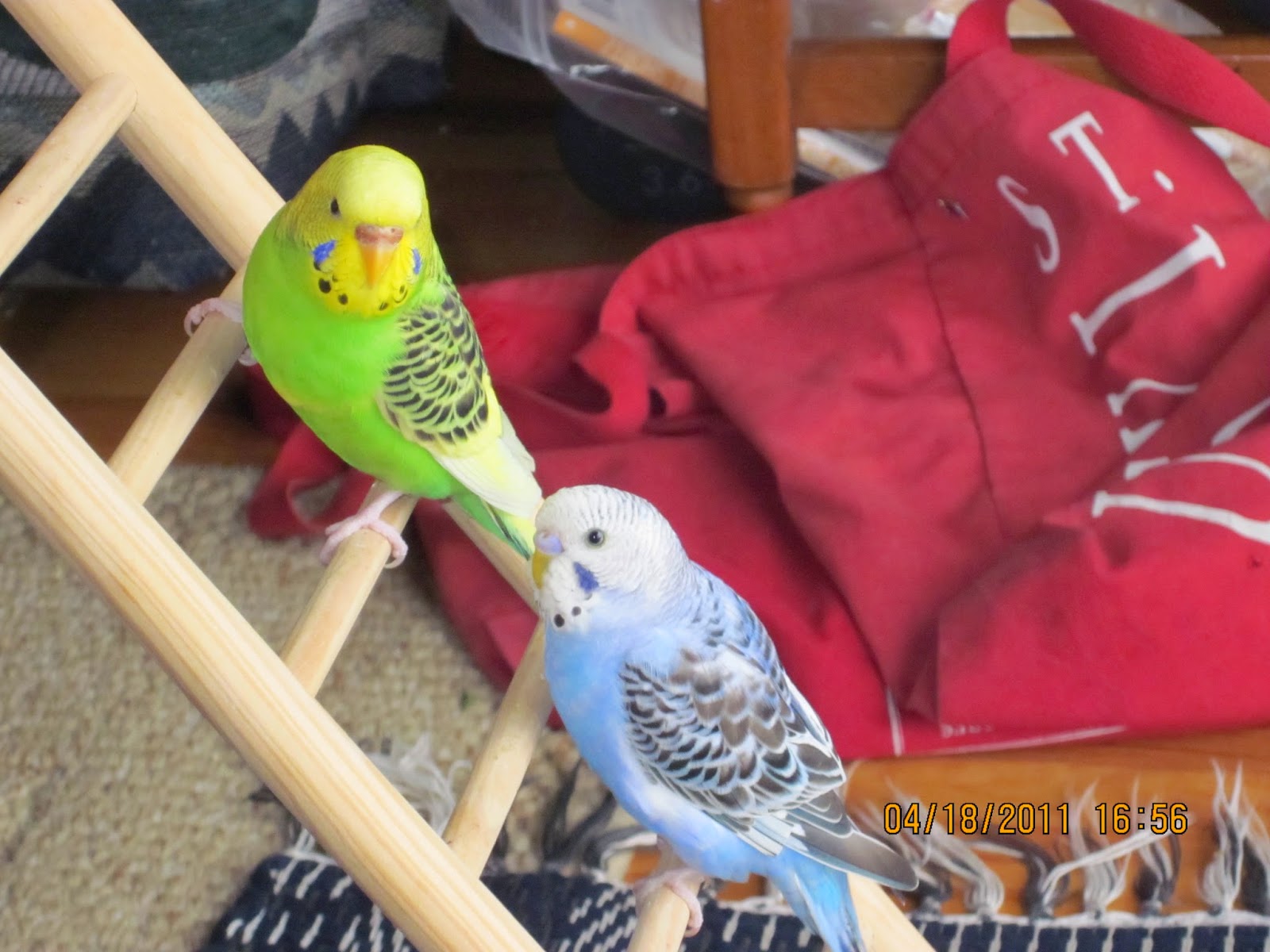 By CHARLES M. GUTHRIE
By CHARLES M. GUTHRIE
of the Minneapolis Tribune editorial page staff
published by the StarTribune
November 13, 1953
THE HOLIDAYS have an insidious way of sneaking up on the unwary. Before you know it, Christmas is next Friday and--if you are a man--you're no more ready for it than during the World Series.
Some very precise timing is required, since your schedule must include the search for the ornament that goes on the top of the tree and having the neighbors in for fruit cake. Unless you get the Christmas cards off your neck your ulcers will rebel to such a degree during the last-minute frenzy they'll give you distress until Easter.
The greeting card routine is the biggest booby-trap of all. Now is not a bit too early to plan your strategy. If you want your card to be meaningful you cannot make a mad dash to town on Dec. 22 and come up with anything significant.
A BRIEF replay of the procedure at my house may prove of value to those who have not yet established a plan of operation. At least it will point up mistakes to be avoided.
Circumstances normally dictate that we do the thing the hard way, with me doing most of the sweating. We start with a snapshot of the family, taken in a last year's snowbank to provide appropriate Yule background. This, superimposed on a greeting card, would be adequate for a sane family. For us it is a bare beginning.
"Why don't you write a poem, too?" my wife suggests, adding a helping of gush concerning my skill in such matters to soften me up.
So I write a poem. Composing it is the simplest part of the chore. My introductory lines go something like this:
Now comes the end of '53
And we are happy as can be.
With such a fruity beginning it is easy to carry on. But reaching a stopping point comes hard. I am inclined to grow so daft over my doggerel that, instead of winding up with a sonnet, I come up with something which compares favorably, in length at least, with Evangeline.
 THE NEXT maneuver is to make out a list, using the cards you received last year as a guide. This is easy provided you can find last year's cards. Our custom is to stash them away so carefully that they vanish without a trace. We are forced to fall back on a document, now yellow with age, listing names we typed shortly after Pearl Harbor.
THE NEXT maneuver is to make out a list, using the cards you received last year as a guide. This is easy provided you can find last year's cards. Our custom is to stash them away so carefully that they vanish without a trace. We are forced to fall back on a document, now yellow with age, listing names we typed shortly after Pearl Harbor.
For a week memories are dredged for additions to the list, and drawers rifled for the present addresses of the Fluegels and Merritts, who moved some time ago to Dodge City and Cedar Rapids respectively.
We assume that 75 cards will be adequate, which means that in the final shakedown we pare the list down to 125 names and never are sure until Christmas Eve if 125 cards will be adequate.
RETURN NOW to the poem. Making more than 100 copies of this gem on a typewriter is no breeze even for an advanced hunt-and-peck operator. I never make less than six carbons. The last two are badly out of focus but we send them along anyway, since we don't have to decipher the things. Typographical errors must, perforce, be ignored. Only once did I turn an eraser loose among this jungle of carbons. The results profaned my sense of tidiness.
After the 16-hour typing stint, my mate is ready to address and stuff the envelopes. There is, however, one additional bit of business. To her very personal friends she must send more than a picture and a poem. She must write each a note on the back of the picture. Her very personal friends number approximately 125.
 She chooses the witching hours of the night to make her contribution to the Yule correspondence, preferring to work in our bedroom so as not to be alone. I won't mind, of course, since I can sleep in a boiler factory.
She chooses the witching hours of the night to make her contribution to the Yule correspondence, preferring to work in our bedroom so as not to be alone. I won't mind, of course, since I can sleep in a boiler factory.
Armed with fountain pen and three or four apples, she takes up the yoke, pausing in her pen scratching and munching now and again to wonder why I don't quit muttering and go to sleep, for Pete sake.
WHEN everything goes smoothly like this we have our cards in the mail by Dec. 20. It is best that the deadline be no later than this. Otherwise you run out of time. You need at least three days to find out what gift your wife expects and another day to buy it.
There are then left those precious minutes in which to get the tree decorated and the stockings filled and to get the bicycle for Junior and the doll house for Mary in from the garage and to wrap the family gifts and repair the two strings of lights that just blinked out and fall into bed before the little ones rout you out to start the merry day.



































.JPG)













